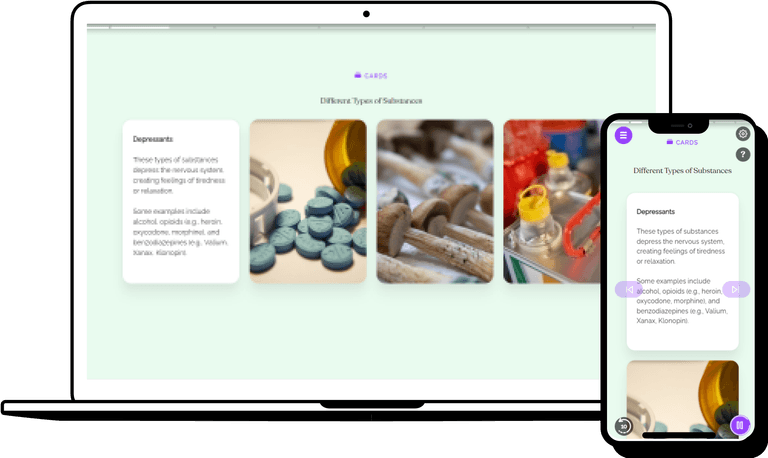Types of Microaggressions
In this chapter, we will explore the three types of microaggressions known as microassaults, microinsults, and microinvalidations. Microassaults are more overt behaviors than microinvalidations and microinsults, which are subtle ways to dismiss people and are often backhanded and insensitive.

Subtle Types of Microaggression Examples
Microinsults are verbal or nonverbal messages about a person’s identity that subtly convey rudeness and insensitivity. They may be considered backhanded compliments. Microinvalidations are comments and behaviors, either verbal or nonverbal, that negate or dismiss the thoughts, feelings, or experiential reality of a person or group. We can think of microinvalidations as small ways of erasing or ignoring who people are and the experiences that impact their lives.

Overt Types of Microaggression Examples
Microassaults are verbal or nonverbal harmful or discriminant offenses toward an individual or group that are based on their identity. Microassaults can be intentional or unintentional and are more overt than microinsults and microinvalidations.

Microassaults, microinsults, and microinvalidations are the three different types of microaggressions.
Microassaults are damaging or discriminatory comments made to a person or group (verbally or nonverbally) that are motivated by that person's or that group's identity. Unlike microinsults and microinvalidations, microassaults can be either intentional or unintentional and are more overt.
Microinvalidations are remarks and actions, whether spoken or unspoken, that undercut or invalidate the ideas, emotions, or lived experiences of an individual or a group. Microinvalidations can be viewed as insignificant methods of erasing or disregarding individuals and the events that have shaped their lives.
Microinsults are subtle messages of rudeness and insensitivity expressed through verbal or nonverbal statements regarding a person's identity. These could also be interpreted as backhanded compliments.
Examples of the three types of Microaggressions
Can you identify the three types of microaggressions based on examples? Here are three real-life scenarios related to each type of microaggression.
Here are some myths to look out for:
- -
An example of a microinvalidation is telling someone that a specific topic has nothing to do with race.
- -
An example of a microinsult is saying, "Wow, you're not like others of your kind."
- -
An example of a microassault is hearing a group being described as "those people."

Recognize the different types of Microaggressions with our Training
Employee training should provide the tools to recognize and address the three types of microaggressions in the workplace and should be tailored to the specific needs of an organization. EasyLlama’s workplace training solution for bias in the workplace and microagressions ensures that all employees are given the opportunity to participate in interactive knowledge checks and real-life scenarios featured in Hollywood-produced videos. By recognizing and addressing all three types of microaggressions in the workplace, organizations can c

Helping over 8,000 organizations create a safer, more productive workplace
Terms such as prejudice, unconscious bias, microassault, microinsult, and microinvalidation are thoroughly explored to facilitate employee understanding, therefore guiding learners to meet your organization's DEI objectives.





















